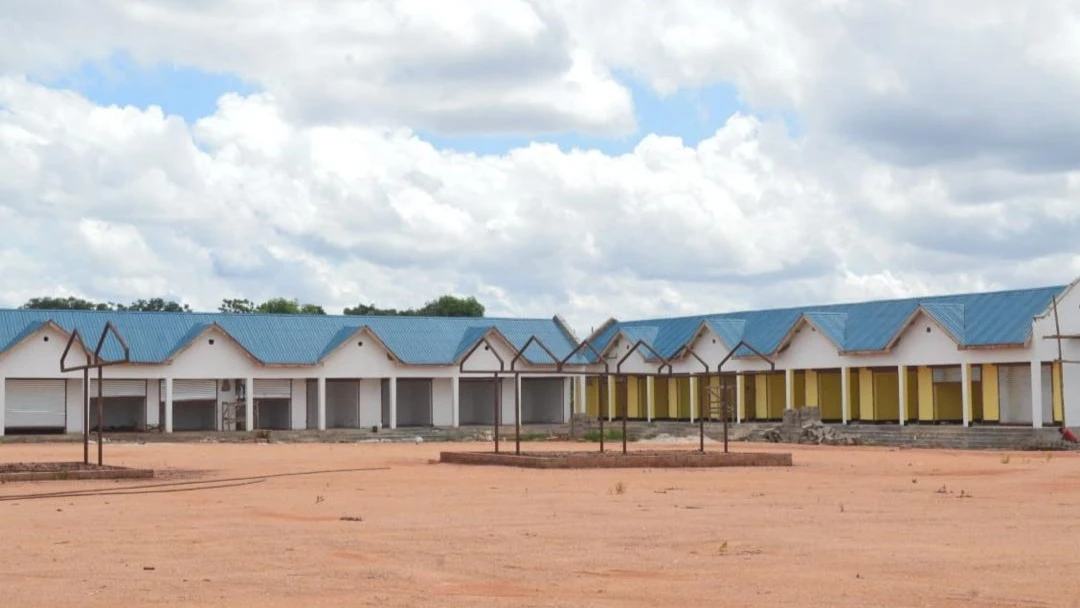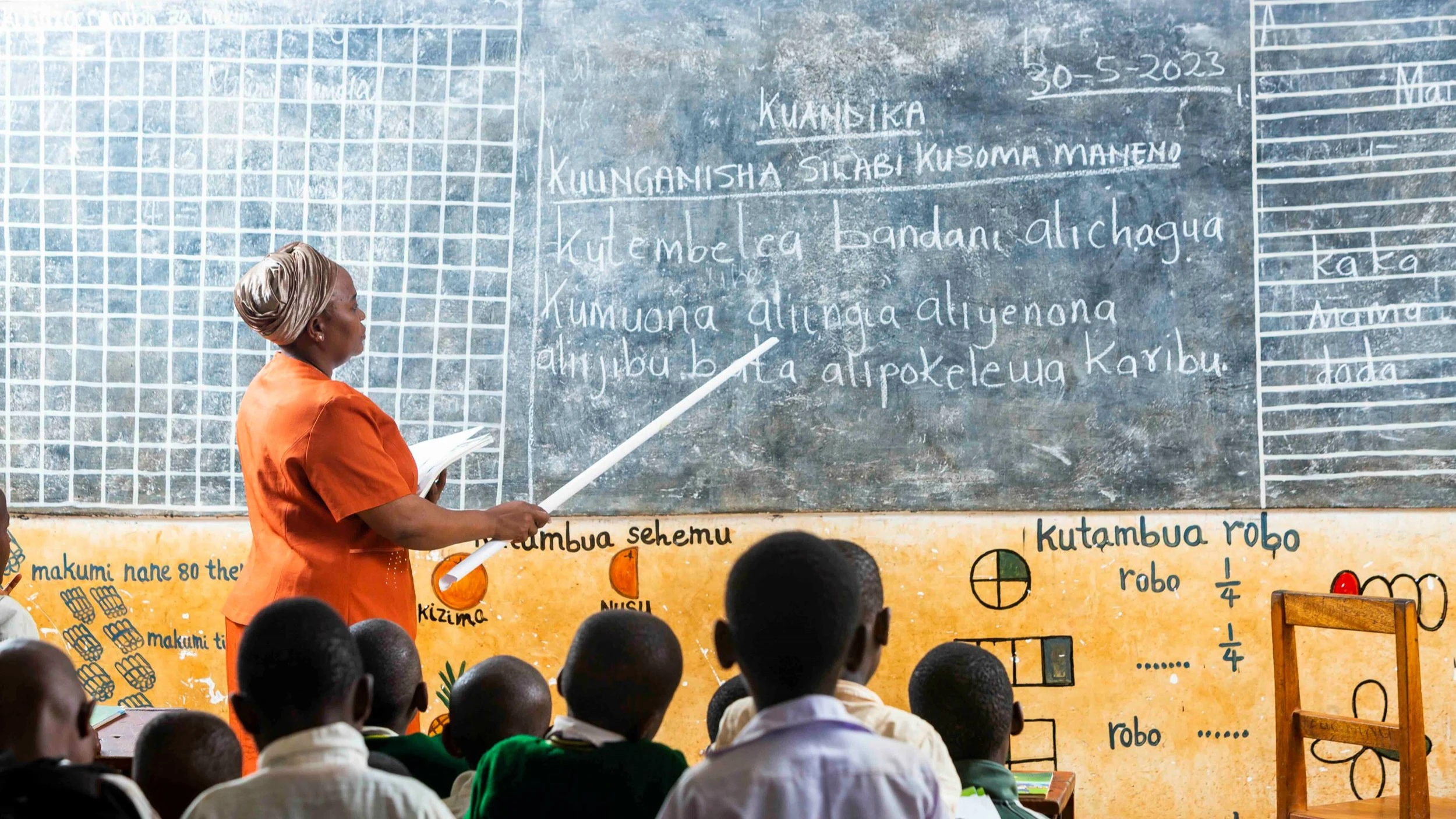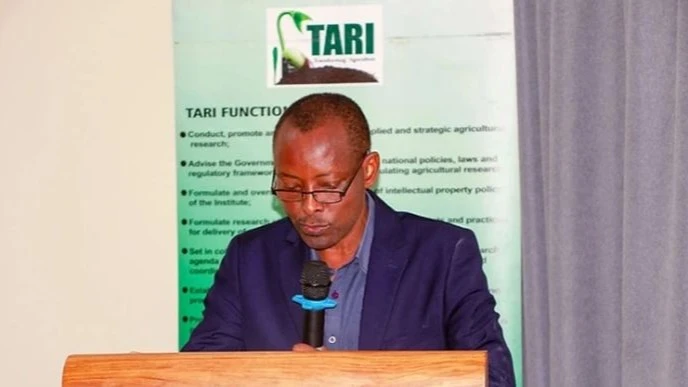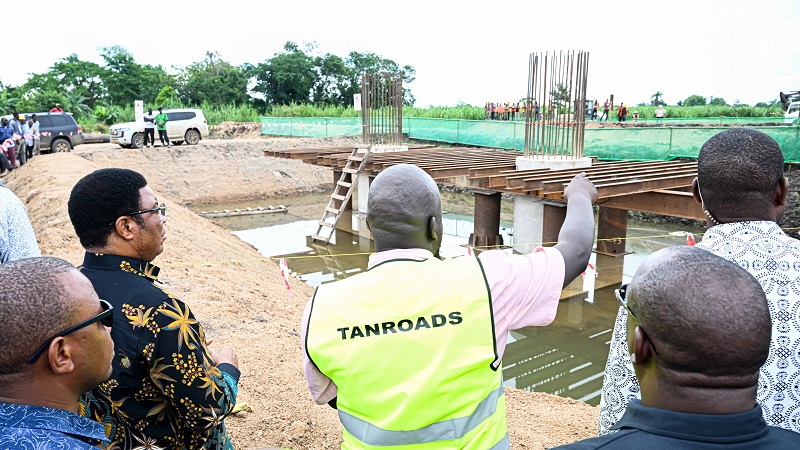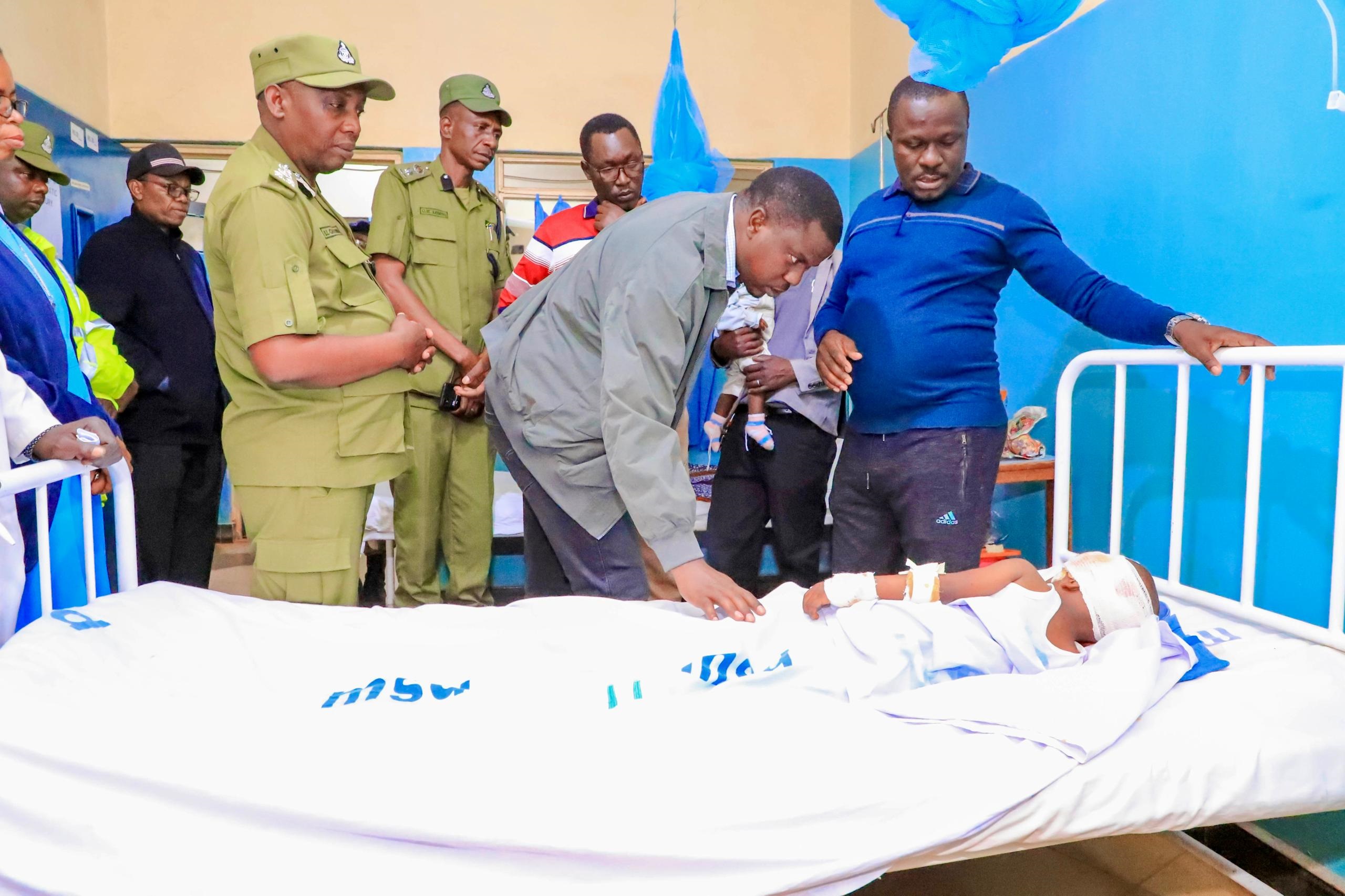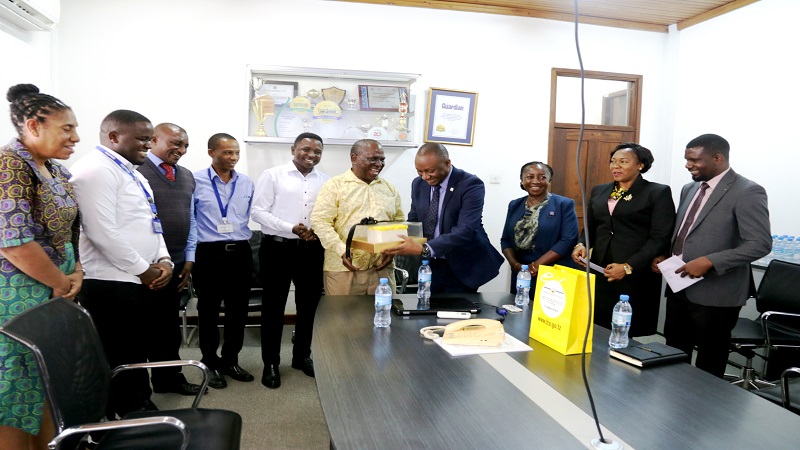TARI unveils tool to transform farming practices in Tanzania
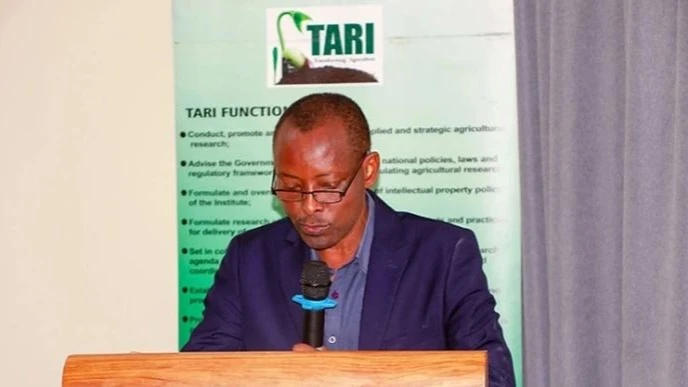
THE Tanzania Agricultural Research Institute (TARI) has developed a new innovative tool that promises to transform the country’s farming landscape.
Dr Thomas Bwana, TARI Director General, introduced the “Rafiki Planet” tool at the recent Science, Technology and Innovation Conference and Exhibition (STICE), organised by the Commission for Science and Technology (COSTECH) and the Ministry of Education, Science and Technology.
The innovative device is designed to streamline seed planting, improving efficiency and precision in crop cultivation.
Dr Bwana highlighted the importance of TARI’s work in addressing the challenges faced by farmers through cutting-edge research and technological solutions.
“Our primary responsibility at TARI is to solve the problems of our citizens by conducting research and ensuring the outcomes are technologically viable,” he said.
The Rafiki Planet tool is set to revolutionize farming practices by enabling farmers to plant seeds in straight rows and at precise intervals.
According to Dr. Bwana, traditional farming methods can take days to plant a hectare, but with Rafiki Planet, the task can be completed in just one hour.
“This tool is designed to reduce farmers' time spent planting crops in rural areas,” he said.
Initially developed for cotton planting, Rafiki Planet has since been adapted for use with other crops, including sunflower and maize.
Dr Bwana emphasized that the tool is a game-changer for small-scale farmers, helping to reduce labor and improve planting consistency, which directly impacts crop yields.
Dauson Joseph, an innovator and researcher at TARI, further explained the technical capabilities of Rafiki Planet.
The tool ensures that seeds are spaced accurately—30 centimeters between plants and 60 centimeters between rows—making it particularly suitable for crops like sunflowers and maize.
Joseph pointed out that precision in planting is essential for high yields, and that manual planting using hoes often takes up to eight hours to cover just one hectare.
“With Rafiki Planet, the same task can be done in just one hour, drastically boosting productivity,” he said.
The innovation aligns with TARI’s broader mission to enhance agricultural productivity in Tanzania.
In addition to developing tools like Rafiki Planet, the institute has also focused on improving seed quality, expanding market access, and providing proper storage solutions for farmers.
Top Headlines
© 2024 IPPMEDIA.COM. ALL RIGHTS RESERVED












